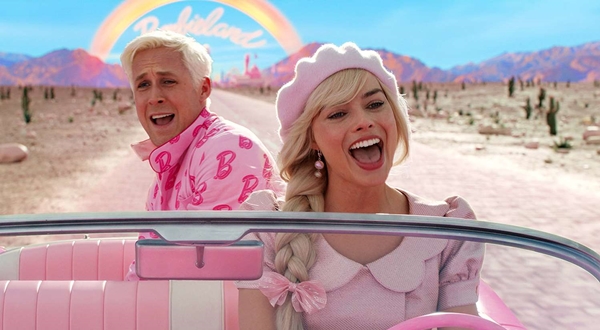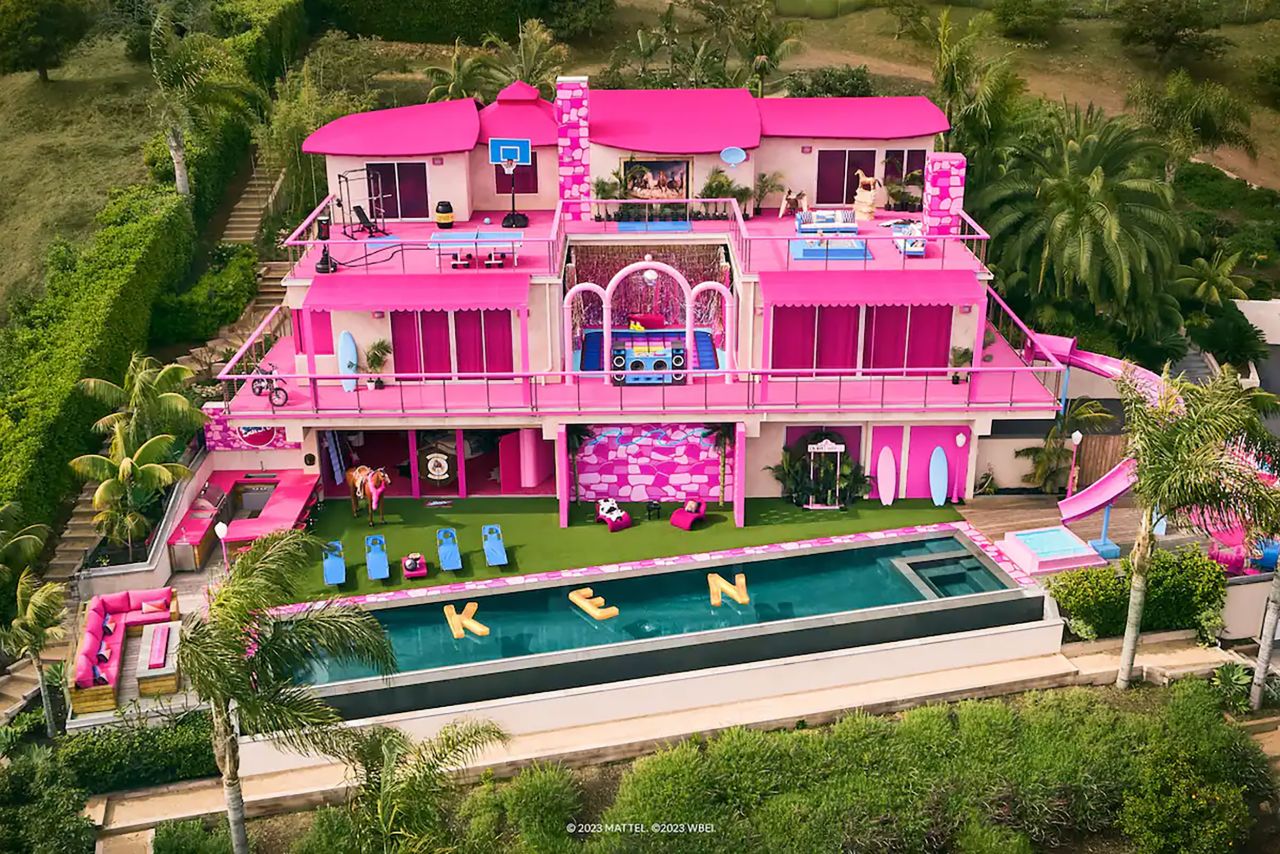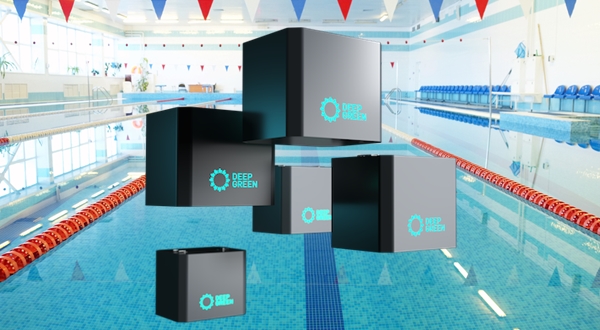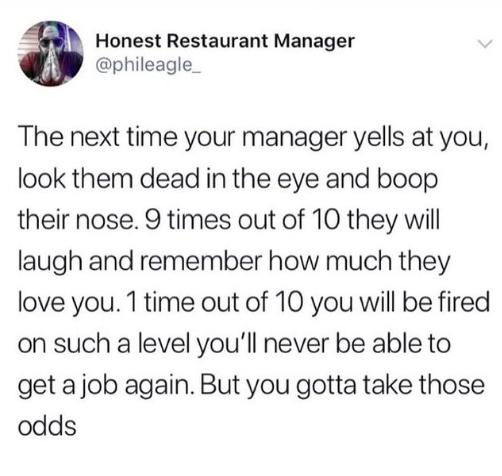Even though this summer could be the hottest ever, Americans have lost their taste for ice cream. Between 1986 and 2021, average annual consumption fell from 18 to 12 pounds, reveals the U.S. Department of Agriculture.
Experts speculate it’s because Americans have become more health-obsessed, and because the old standby flavors like vanilla seem … well … kinda vanilla. “I think part of the reason that ice cream has faded is that novelty has worn off,” The Secret History of Food author Matt Siegel told CNN.
But the scoop-and-pint game still has room for small business innovation. Americans are buying less Neapolitan by the bucketload, but will seek out artisanal flavors as a special treat, even paying a premium for quality over quantity. This has given rise to new brands like Jeni’s and Talenti; plus, you probably have a favorite local parlor. You might wanna pay ‘em a visit before it’s too hot to leave your A/C.
|
|
|
How Mattel Is Celebrating Barbie With an Ironic Wink
|
The new Barbie movie’s tagline says it all: “If you love Barbie, this movie is for you. If you hate Barbie, this movie is for you.”
Directed by Greta Gerwig, the film (which opens July 21) appears to blend heart with subversion, contrasting the perfect fairy tale of Barbie Land with how Barbie would live as a woman in the real world. But just where does the famed doll — which started as the ideal of feminine American beauty — fit into today’s world?
In the 2010s, there was a cultural push for inclusive toys, deemphasizing the notion that girls and boys play separately. Seven years ago, a Mattel TV ad broke boundaries by featuring a boy playing with the doll. At the same time, progressive voices objected to girls feeling they could only play with Barbie dolls; California even mandated gender-neutral toy aisles.
|
|
|
But the critique of Barbie as a materialistic bad influence — dramatized in the classic The SImpsons episode “Lisa vs. Malibu Stacy” — is pretty outdated. The Barbie toy line has long featured all shapes, heights, ethnicities, and abilities. When Gerwig visited Mattel’s Barbie Wall of Fame at its Los Angeles headquarters, she “was taken aback by a President Barbie … crafted for sale in 1992,” writes The New Yorker. “An employee proudly replied that ‘Barbie has been to space before most earthly women had a credit card.’”
This evolution has allowed Gerwig and Mattel to poke fun at the brand’s hot-pink ethos while genuinely honoring its legacy. In fact, a fashion aesthetic called Barbiecore has recently influenced clothing and interior design; it’s reminiscent of the upbeat “girl power” era of the Spice Girls. But even if the pendulum is swinging away from gray neutrality and back to something more fun and fuchsia, it comes with a tongue-in-cheek, playful sense of irony.
No wonder the Barbie brand’s valuation has doubled to $700 million in just two years. As Mattel COO Richard Dickson told The New Yorker, “It serves as a reminder to aim for relevance. When our toys connect to what’s happening in the world, you see significant growth … What you start to realize is: This is a pop-culture company.”
|
|
|
Thanks to Airbnb, You Can Stay in Barbie’s Malibu Dreamhouse
|
As far as marketing stunts go, this one is a dream come true.
To promote Barbie, Warner Bros. and Airbnb teamed up to offer a night in Barbie’s Malibu Dreamhouse to a couple of lucky guests. No, they won’t be miniaturized like in Honey, I Shrunk the Kids or Downsizing. It’s a real Malibu mansion used as a set for the film, which features panoramic coastal views, an infinity pool, an outdoor dance floor, and a wardrobe full of clothes.
According to the Airbnb description, Barbie and her friends are out of the house for the weekend, and Ken has managed to turn the Malibu Dreamhouse into his personal “Kendom.” The home has already made a global impact: The Barbie production (including the Dreamhouse) called for so much of a particular hue of pink paint that it caused a worldwide shortage.
You might not be able to own Barbie’s Malibu Dreamhouse, but you can quit your 9-to-5 and become a full-time Airbnb entrepreneur.
|
|
|
Green Pool: Data Center Startup Helps Local Communities Swim
|
(Source: Shutterstock/Deep Green)
|
Crypto mining takes a lot of energy. Bitcoin alone has a bigger carbon footprint than some countries. But what if this waste could do some good?
Carbon-neutral U.K. company Deep Green has a creative solution: using data-center heat output to warm swimming pools and other public spaces. They started with an 82-foot community pool in the southwestern county of Devon; through a heat exchange system that recycles 96% of generated power, Deep Green provided $24,000 worth of annual savings.
They’re now doing the same for up to 20 pools in 2023, and offering their services to apartment buildings and “a range of other industries,” according to the company. It’s all for free in exchange for a place to plop their devices. With positive media attention, Deep Green appears to be on a hot streak.
|
|
|
“Barbie always represented the fact that a woman has choices.”
— Ruth Handler, first president of Mattel
|
|
|
Written by Carolyn Neuhausen and Dan Ketchum.
|
|
|
|






